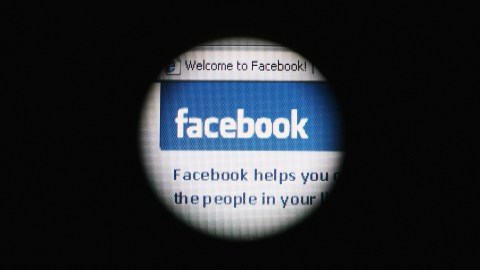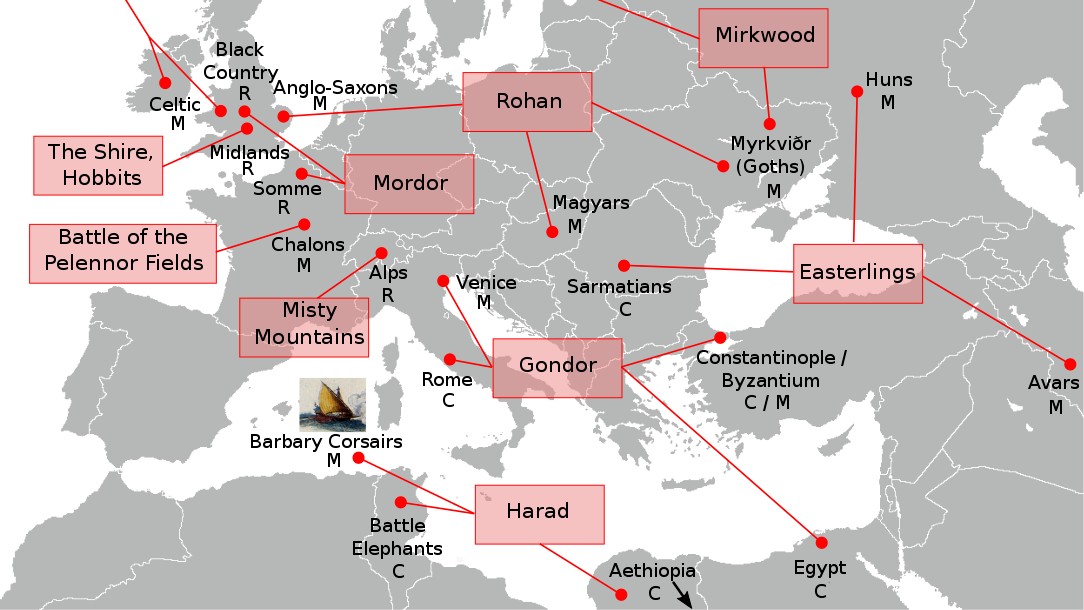Social Media and the Loss of Curiosity

From MySpace and Hi5 to Facebook and Twitter, our relationship with social media has evolved over the past 15 years. Unfortunately, this may have led to the loss of curiosity and the devolution of our bonds with the people these platforms were built to connect us with, beyond the boundaries of time and space. Websites we once used to find and catch up with best friends from third grade and share photos from a good night out have become little more than tools of narcissism, news, and nosiness. How did this happen?
Facebook is, by far, the most popular social media platform drawing 1.1 billion unique monthly visitors. According to eBizMBA’s March 2016 report, Twitter is a distant second, seeing 310 million unique visitors every month. Facebook has become synonymous with social media, so it serves as a default platform of study.
Why was Facebook created?
Facebook used to be – or at least feel – more exclusive. In its early years, you couldn’t even get an account without a university email address. In fact, if it didn’t end with .edu – as it probably wouldn’t if you attended university outside of the USA – you weren’t getting on Facebook.
The platform was all about finding and connecting with tent-mates from high school mission trips, the guy who moved away and no one ever saw again, and friends who went to different universities. Then the floodgates opened. Facebook became a free-for-all with parents, employers, and celebrities joining the club. Facebook went from a private clubhouse to an active newsroom, political platform, and distraction from the present.
Who’s on Facebook?
More than anyone else, millennials are actively using Facebook. According to Pew Research Center, 87% of people 18-29 use Facebook and they are the most active group of people. The least active age group is, predictably, people 65 and over, 56% of whom are on Facebook. Everyone else falls somewhere in the middle so, no matter how old you are, at least half the people you know with internet access are on Facebook.
Almost one-third of Facebook users are millennials – the generation many accuse of being self-centered, self-entitled, and lazy. Coincidence, or counterpoint?
How often are people on Facebook?
A Statistic Brain study found, on any given day, 48% of Facebook’s users log in and spend an average of 18 minutes. Fifty percent of Facebook users between the ages of 18 and 24 log in when they wake up. It comes as naturally as a bathroom visit.
People get their first glimpse at the news and trending topics, post their to-do lists, and tell friends to have great birthdays, their babies are cute, and sorry for their losses before they even have breakfast. It’s all in a day’s Facebooking, and no one bats an eye at this ceremony shared across borders, racial and gender divides, differences in ability, religions, and political views in 70 languages.
Why are people on Facebook now?
More now than ever, Facebook users flock to the platform in search of news, opinions on the news, and an amplifier for their own views. The 2014 social and demographic trend report by Pew Research Center found millennials to be racially diverse, have minimal trust in others, be largely Democratic, and have liberal social and religious views. This often leads to fireworks on social networks as articles are shared, comments are made, and true beliefs that would otherwise remain hidden come to the fore. On a daily basis, 4.75 billion pieces of content are shared leading to 20% of all page views in the USA.
The race to be first is a social media reality. Most people want to be a news-breakers. Many Facebook pages are dominated by links to external content with little thoughtful commentary, if any, attached. On the other hand, 46% of millennials are content creators, posting their own photos and videos. These are often commentary on trending topics. Those posting on controversial issues generally want to play to their own crowds, even when addressing people on the opposing side. Facebook rage is a common occurrence, shutting down conversations with the potential to inform and transform views.
In a time and space where opinions are free to fly and resources can be found to back any stance on an issue, “agree to disagree” is not a common mutual decision. Each steeped in their own experiences, participants in such conversation are generally not open to other narratives, reference points, or evidence contrary to their beliefs. More and more, the goal of such posts and comments seems to be a clear win.
There isn’t enough satisfaction in being right. Everyone else needs to know about it, and this seems to be the motivation for most content creators.
If the content you see, share, and create has to fit into one box, would most of it land in the “to inform or entertain” box as opposed to the “put the spotlight on me” box?
What do people gain from Facebook activity?
Voice: While the insight social media gives into the views the people we (think we) know is invaluable, this may not be the reason any of us use it. Social media platforms give us a voice.
There is no longer a need to compete with dozens or hundreds of other letters to the editor to give our thoughts on the important topics of the day. No one is limited to press times or subject to approval by gatekeepers. Facebook users are free to express their views, share their expertise, and weigh in on national, regional, and global issues. Phone bills and postage fees have significantly reduced now that photos and event details can be shared in seconds with no price – other than privacy concerns – attached. It doesn’t hurt that the right piece of content could make a user Facebook famous.
Access: Beyond news, Facebook gives unfettered access to private lives.
Dating lives, weight loss journeys, wedding stories, new additions, home purchases, career moves, family tragedies, academic achievements, and changes in diet are posted for all to see. Our connections are all narcissistic and arrogant or secretive and selfish. We can make our assessments based on Facebook profile timelines.
Approval: Self-esteem boosts come minutes after a selfie post. Instant gratification is a large component of social media attraction. How much of our Facebook activity is driven by the quest for a share of today’s 4.5 billion platform-wide likes?
What is Facebook stealing from us?
Though we are gaining access to the innermost thoughts of users – our friends – on issues traditionally viewed as private and too controversial for polite conversation, we’re losing personal connections. For example, we’re not having real conversations, in person, about the merits of Hillary as opposed to Bernie. We’re not focusing on support of the Democrats, but creating a divide within the party and its supporters. Our energy is being expended on the fight to be right. If Facebook has irreversibly evolved into a platform for such discussion, should the goal really be to prove people wrong, or to share our views in an open conversation that welcomes and respects other opinions and related narratives?
Curiosity went out with MySpace, but can it make a comeback? Social media is a powerhouse and, as users, we share its power. How can we use it for good? The conversations we have on Facebook are important, but the framing and intent are critical determinants of where things go from the moment a point is raised. It is equally important – if not more – to see the connections we chose to be in our networks as individuals. They aren’t nameless, faceless entities, and they have lives as real as our own. Do we still care about one another’s lives?
Are we curious enough? Do we genuinely want to learn about other points of view? Are we as interested in insight as we are in our voice? How can we better use the access social media provides to truly connect with people, share ideas, and build relationships beyond an on-screen heated exchange? Facebook has evolved in its purpose and service, and our use has changed in tandem. Maybe it should have been more of a pivot, and less of a giant leap. If we ask better questions and have better reasons for asking, we could find ourselves in a world where the media doesn’t drive the story because we would have found the key to being social again.





